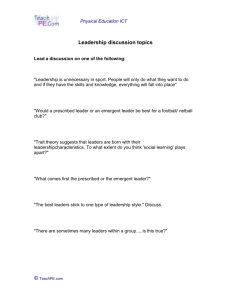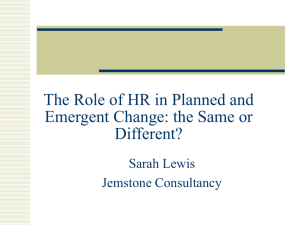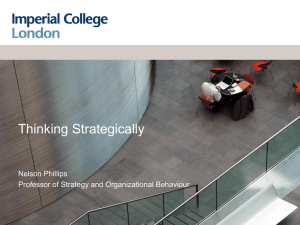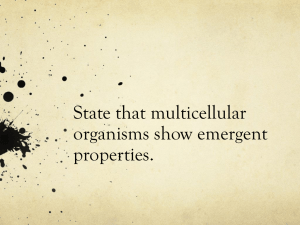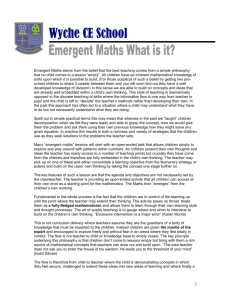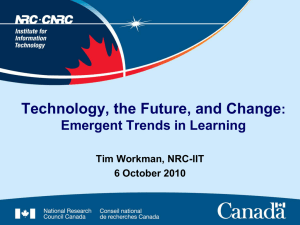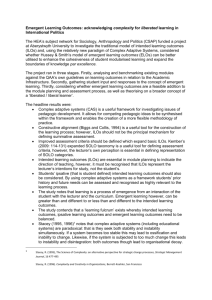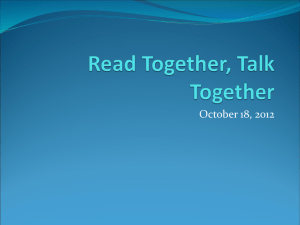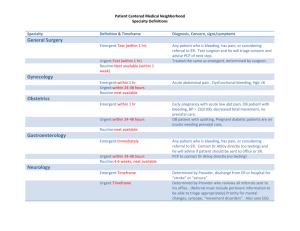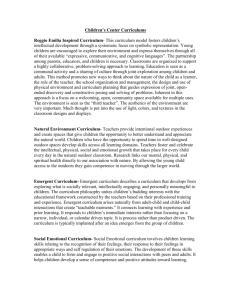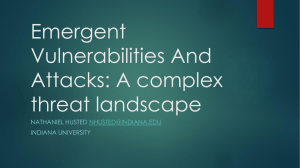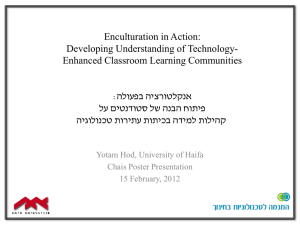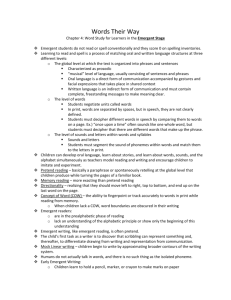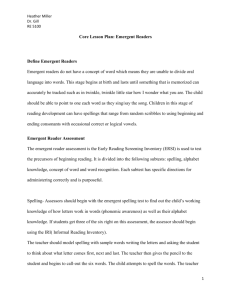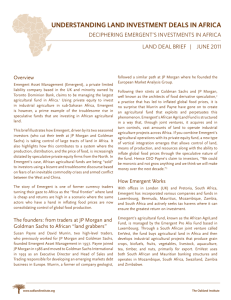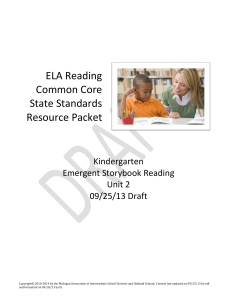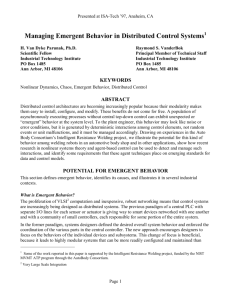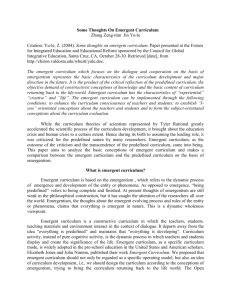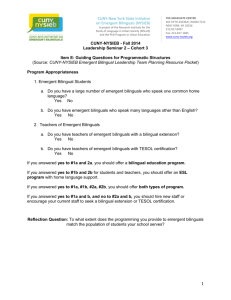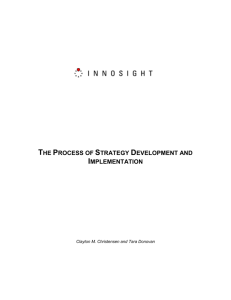Program Philosophies-Emergent Curriculum
advertisement
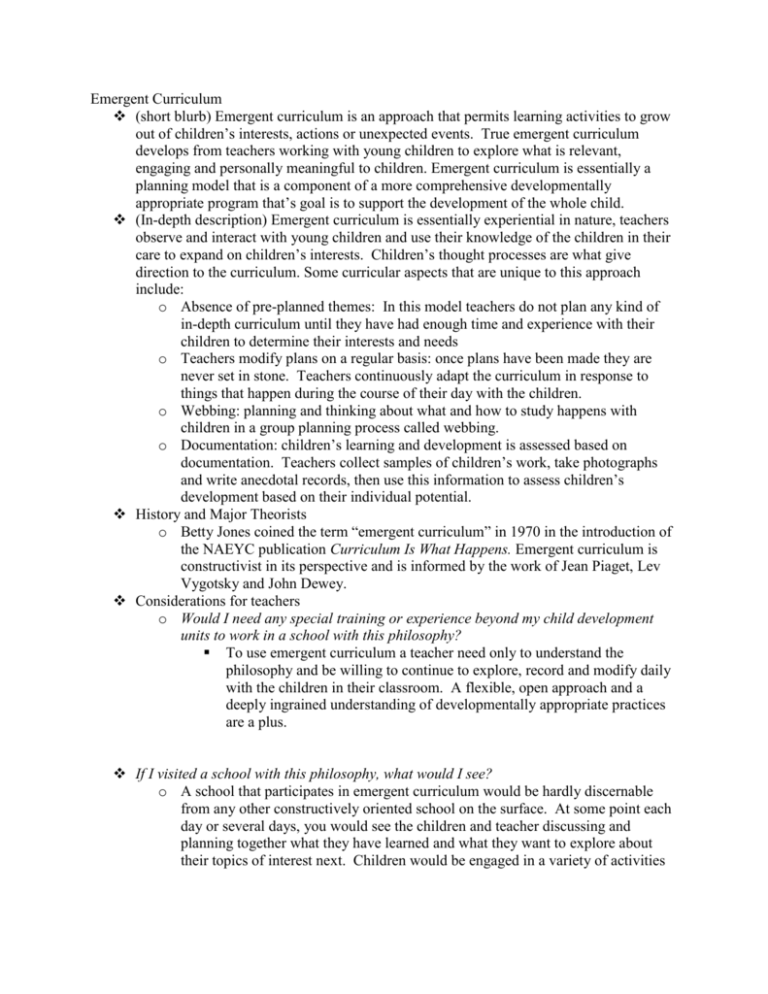
Emergent Curriculum (short blurb) Emergent curriculum is an approach that permits learning activities to grow out of children’s interests, actions or unexpected events. True emergent curriculum develops from teachers working with young children to explore what is relevant, engaging and personally meaningful to children. Emergent curriculum is essentially a planning model that is a component of a more comprehensive developmentally appropriate program that’s goal is to support the development of the whole child. (In-depth description) Emergent curriculum is essentially experiential in nature, teachers observe and interact with young children and use their knowledge of the children in their care to expand on children’s interests. Children’s thought processes are what give direction to the curriculum. Some curricular aspects that are unique to this approach include: o Absence of pre-planned themes: In this model teachers do not plan any kind of in-depth curriculum until they have had enough time and experience with their children to determine their interests and needs o Teachers modify plans on a regular basis: once plans have been made they are never set in stone. Teachers continuously adapt the curriculum in response to things that happen during the course of their day with the children. o Webbing: planning and thinking about what and how to study happens with children in a group planning process called webbing. o Documentation: children’s learning and development is assessed based on documentation. Teachers collect samples of children’s work, take photographs and write anecdotal records, then use this information to assess children’s development based on their individual potential. History and Major Theorists o Betty Jones coined the term “emergent curriculum” in 1970 in the introduction of the NAEYC publication Curriculum Is What Happens. Emergent curriculum is constructivist in its perspective and is informed by the work of Jean Piaget, Lev Vygotsky and John Dewey. Considerations for teachers o Would I need any special training or experience beyond my child development units to work in a school with this philosophy? To use emergent curriculum a teacher need only to understand the philosophy and be willing to continue to explore, record and modify daily with the children in their classroom. A flexible, open approach and a deeply ingrained understanding of developmentally appropriate practices are a plus. If I visited a school with this philosophy, what would I see? o A school that participates in emergent curriculum would be hardly discernable from any other constructively oriented school on the surface. At some point each day or several days, you would see the children and teacher discussing and planning together what they have learned and what they want to explore about their topics of interest next. Children would be engaged in a variety of activities both in small and large groups, teachers would be observing, documenting and interacting with children. Resources o Books Hart, L. The Dance of Emergent Curriculum Jones, B and Nimmo, J. Emergent Curriculum Jones, B ET. Al. The Lively Kindergarten: Emergent Curriculum in Action o Articles See the archive for Young Children, the journal for the National Association for the Education of Young Children for a large collection of articles about emergent curriculum at http://journal.naeyc.org o Web links Associations The National Association for the Education of Young Children. www.naeyc.org
